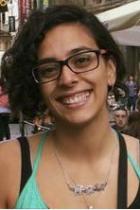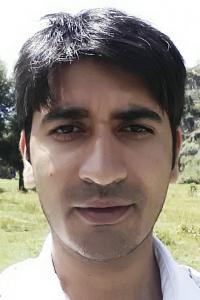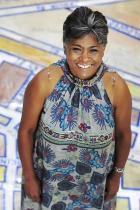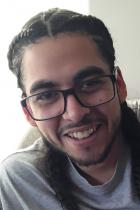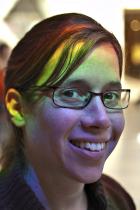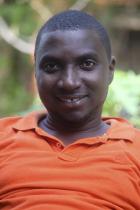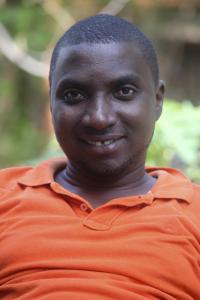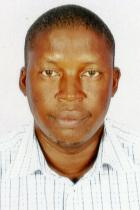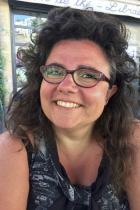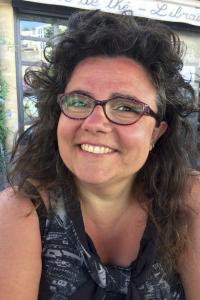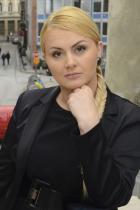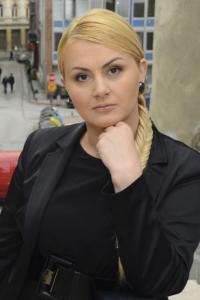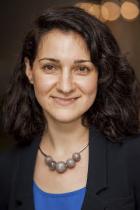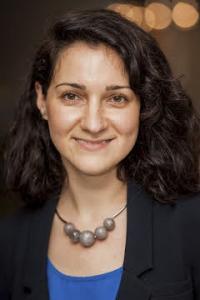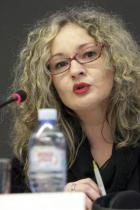Mariam Aboughazi

Mariam Aboughazi is a researcher and coordinator of the Memory of Conscience file for the Association of Freedom of Thought and Expression (AFTE), based in Cairo, Egypt, where she has been developing a narrative of the past 5 years in the country. Prior to this, Aboughazi worked on a number of projects related to memory and history, including ‘Revisiting Memory: Public Space’, with the Cimatheque Alternative Film Center, and as a research assistant on projects related to politics in Egypt. As an AHDA fellow, Aboughazi will develop a mobile application that offers downloadable walking tours of downtown Cairo narrating the different events (accompanied by testimonies, personal anecdotes and soundscapes from these events) of the Egyptian revolution and the story of political transformation, turning the city’s downtown into ‘a walking museum’.






